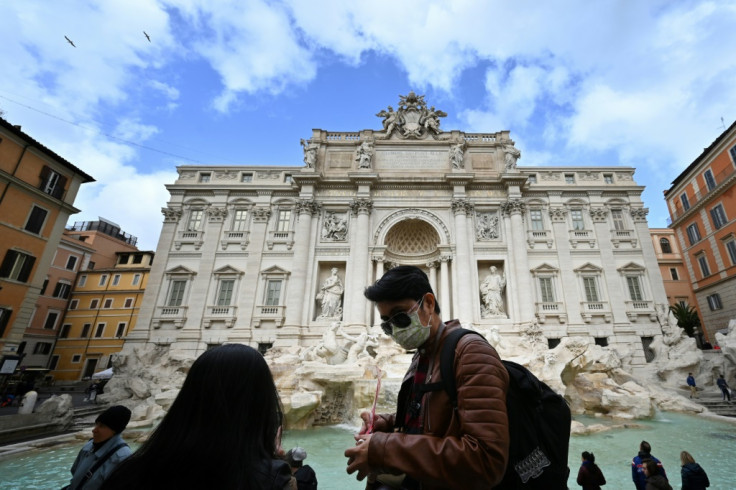UK travellers to be offered travel insurance against extreme heatwaves
Wildfires struck Turkey, Portugal, Greece and Italy last month.

In what is great news for UK travellers, they'll soon have travel insurance specific for extreme heat.
The past several weeks in Europe were marred by the severe heatwave which has led to a lot of chaos, forcing travellers to rethink their vacation plans. Courtesy of global heating with the El Nino weather pattern, temperatures peaked more than ever in July. It proved to be the hottest month in decades.
A couple of weeks ago, thousands of British travellers were forced to be evacuated from Rhodes Island after the popular Greek destination was struck by massive wildfires.
A new travel insurance
In order to cater to over-heating tourists from the UK, an insurance company has come up with a special plan. A US firm, Sensible Weather, may compensate travellers for the full value of their trips if temperatures reach 40°C, according to MSN.
The company already has policies against extreme rainfall for their UK customers and is currently planning to introduce an equivalent for extreme heat. Many insurance companies, including TUI, already offer their customers the said rainfall policy as part of their travel insurance schemes.
"We will soon be offering trip protection against extreme temperatures. We've found that travellers have different expectations for what's 'too hot', depending on where and when they are going somewhere," Nick Cavanaugh, chief executive of the firm and a former climate scientist, said.
"So, as we roll the product out, we will modify our offering until we find the 'sweet spot' for a given customer, location and time of year," added Cavanaugh.
How will the reimbursement work?
The former climate scientist went on to add that the heat policy could offer different payments depending on the severity of the temperature.
Meanwhile, over the last decade, rainfall policy schemes have proven to be a successful add-on for many insurance providers. Weather derivatives, a financial instrument which lets companies hedge against the risk of weather-related losses, have grown into a multi-billion-dollar industry.
The policy for severe heat is expected to be structured in the same way as the scheme for extreme rainfalls.
"For example, 35°C or more could reimburse 50 per cent, and 40°C or more could reimburse 100 per cent. The goal is to build a coverage that maximises value to the consumer while maintaining an affordable price and enabling us to cover our financial risk exposure," explained Cavanaugh.
For rain-related insurance policies, a huge amount of historic and current weather data is used to calculate the risk of rain and accordingly come up with the cost. It is only now that more companies could be planning for insurance policy schemes for sunny weather.
TUI, a German giant in the tourism and travel sector, has suggested it would consider applying for travel insurance that would include a policy against extreme heat.
"We are always looking for ways to expand our products and features to deliver the best service for our customer's needs," a TUI spokesperson said.
Wildfires in Europe last month
Several parts of southern Europe including Spain, Greece and Italy sweltered as people were warned against going out for much of the day, saying it was dangerous due to the painfully hot temperatures. The two extended heatwaves across the Mediterranean - Charon and Cerberus - also led to wildfires, disrupting the summer vacations of thousands of tourists in the continent.
The temperatures have gone as high as 46°C, especially in islands such as Sicily. The forest fires reached countries including Turkey, Italy, Greece and Portugal.
Meanwhile, it has been reported that holidaymakers who were forced to flee from Rhodes Island last month due to the wildfires have been offered a free one-week vacation by the Greek government. The affected travellers could take up the offer in the spring or autumn of 2024.
© Copyright IBTimes 2025. All rights reserved.






















